Premier Law Group está aquí para ayudar a su familia

Todos los niños se portan mal en algún momento. Es posible que no quieran compartir un juguete o que hagan un berrinche porque no les gusta lo que hay para almorzar. El personal de la guardería debe saber cómo manejar estas situaciones. Sin embargo, muchas guarderías no brindan a su personal la capacitación necesaria para tratar con un niño que se porta mal. Por lo tanto, la situación puede empeorar hasta que un niño termina con restricciones en la guardería.
Lamentablemente, esto también puede ocurrir cuando el niño no se porta mal en absoluto. Esto podría suceder cuando el niño simplemente se muestra enérgico. La restricción innecesaria es inaceptable y puede considerarse una forma de abuso infantil en la guardería.
Si su hijo ha sufrido debido a las restricciones en la guardería, comuníquese con Grupo de abogados Premier. Nuestros abogados pueden ayudarle con su reclamo contra la guardería y/o los miembros del personal responsables. Llame al 206.285.1743 hoy para comenzar su reclamo. revisión de caso gratuita.
¿Qué es una restricción?
Una restricción es cualquier cosa que impida a una persona moverse libremente o utilizar su cuerpo.
El personal de guarderías puede utilizar dispositivos de contención para dominar a un niño o frenar un comportamiento indeseable. En una situación ideal, un dispositivo de contención solo sería necesario temporalmente, para evitar que el niño se haga daño a sí mismo o a los demás. Sin embargo, los cuidadores frustrados, que no saben cómo controlar el comportamiento de un niño, están utilizando dispositivos de contención con mayor frecuencia.
Tipos de restricciones
Restricciones físicas y mecánicas
El primer tipo de restricción, en el que probablemente piense la mayoría de las personas, es la restricción física o mecánica. Una restricción física es cuando una persona, como un empleado de una guardería, restringe físicamente a un niño con su cuerpo. Las restricciones como las correas en una silla o cama pueden considerarse físicas o mecánicas. Las guarderías a menudo afirman que las restricciones fueron necesarias porque un niño no cooperaba o se volvía violento y amenazaba la seguridad de los demás.
Restricciones químicas
Las sujeciones químicas no son tan conocidas. El personal de guarderías puede administrar estos medicamentos a los niños para calmarlos. Por lo general, se toman por vía oral, aunque a veces se administran mediante una inyección. Si bien las guarderías a veces insisten en que el niño estaba histérico y que era necesario sedarlo, no hay excusa para administrarle medicamentos a un niño sin el consentimiento de los padres.
Reclusión
El aislamiento es un tipo de restricción que separa al niño de otras personas. A menudo, se mantiene al niño solo en una habitación, cuya puerta puede estar cerrada con llave. Esto es para asegurarse de que el niño no pueda salir. Sin embargo, cada vez que un niño esté en una habitación, incluso como castigo, debe haber un maestro o un miembro del personal allí para supervisarlo.
El uso inadecuado de dispositivos de contención en guarderías puede provocar lesiones graves. Además, los niños con discapacidades corren un riesgo aún mayor. Es posible que los niños no comprendan lo que sucede cuando se utilizan dispositivos de contención físicos, lo que podría provocar un comportamiento agresivo y provocar lesión grave.
Además, los niños pequeños a menudo no pueden decirles a sus padres que los han sometido a ataduras. Por ello, los padres rara vez se enteran de que sus hijos han estado sujetos. En Premier Law Group, recomendamos que los padres sean observadores y hagan preguntas. Nuestros abogados de guardería Puede ayudarle a informarse sobre qué buscar.
Para una consulta legal GRATUITA con un abogado especializado en restricciones en guarderías que atiende en Seattle, llame al (206) 285-1743
OBTENGA UNA EVALUACIÓN DE CASO GRATUITA
Ley de Washington sobre restricciones en guarderías
La Legislatura del Estado de Washington tiene una política sobre las restricciones físicas en las guarderías.
Sección 110-300-0335 establece que:
- Las guarderías deben tener protocolos escritos de restricción física e implementar dichos protocolos solo cuando sea apropiado.
- La restricción física debe utilizarse solo si la seguridad del niño o de otras personas está amenazada.
- La restricción física debe ser:
- Limitado a sujetar a los niños lo más suavemente posible para contenerlos.
- Limitado al tiempo mínimo necesario para contenerlos.
- Apropiado para el desarrollo
- No se pueden usar elementos que incluyan, entre otros, corbatas, mantas, correas, asientos de automóvil, sillas altas o pesos pesados (incluido un adulto sentado sobre un niño) para restringir físicamente a los niños.
- El personal y los empleados de la guardería deben retirarse de una situación si perciben una pérdida de su propio autocontrol y preocupación por el niño al usar una técnica de restricción si otro proveedor de aprendizaje temprano está presente.
- El personal de la guardería debe intervenir cuando otro miembro del personal esté utilizando técnicas de restricción de manera inapropiada.
La conclusión es que las guarderías no tienen derecho a restringir el paso a su hijo sin una causa justa.
Cómo entra en juego la negligencia

En el ámbito de las guarderías, la negligencia suele implicar tomar medidas que otro cuidador profesional en la misma situación no tomaría. Por ejemplo, administrar a un niño hiperactivo un medicamento no prescrito para calmarlo, lo que luego provoca efectos secundarios graves. El propietario de una guardería puede ser responsable en esta situación si no capacitó a su personal para abordar una situación de conducta correctamente. El propietario o su personal también pueden ser responsables si el centro permite o ignora el uso de restricciones. El miembro del personal también puede ser responsable de cualquier lesión.
Hable con nuestros abogados especializados en casos de abuso en guarderías de Washington
Si cree que su hijo ha sufrido restricciones en guarderías, comuníquese con Premier Law Group. Abogados de Seattle Queremos ayudarle a usted y a su hijo a recibir una compensación completa y justa por las lesiones y el daño emocional causados por la restricción. Sabemos que no hay nada más importante que proteger a sus hijos, así que llame al 206.285.1743 hoy mismo. Sin honorarios legales a menos que ganemos tu caso.
Llamar o enviar mensaje de texto (206) 285-1743 o complete un formulario de evaluación de caso gratuito
OBTENGA UNA EVALUACIÓN DE CASO GRATUITA
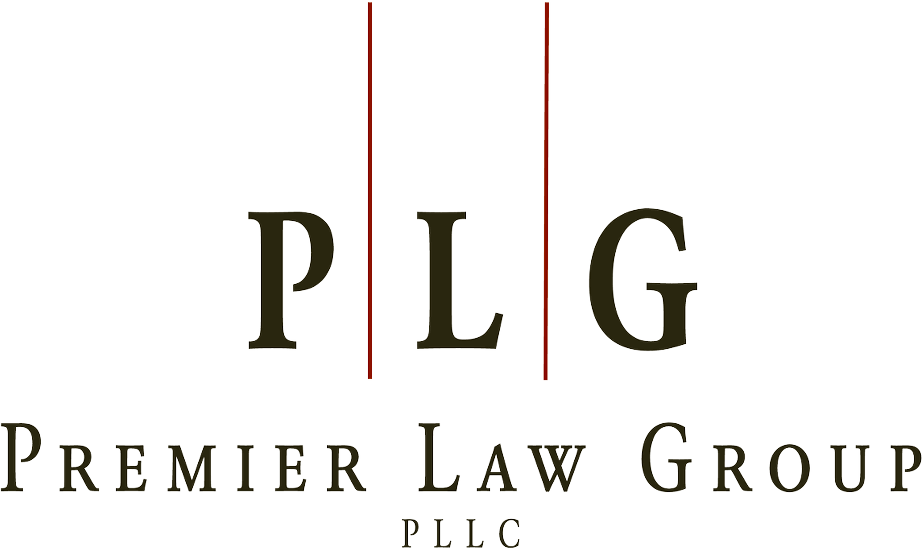





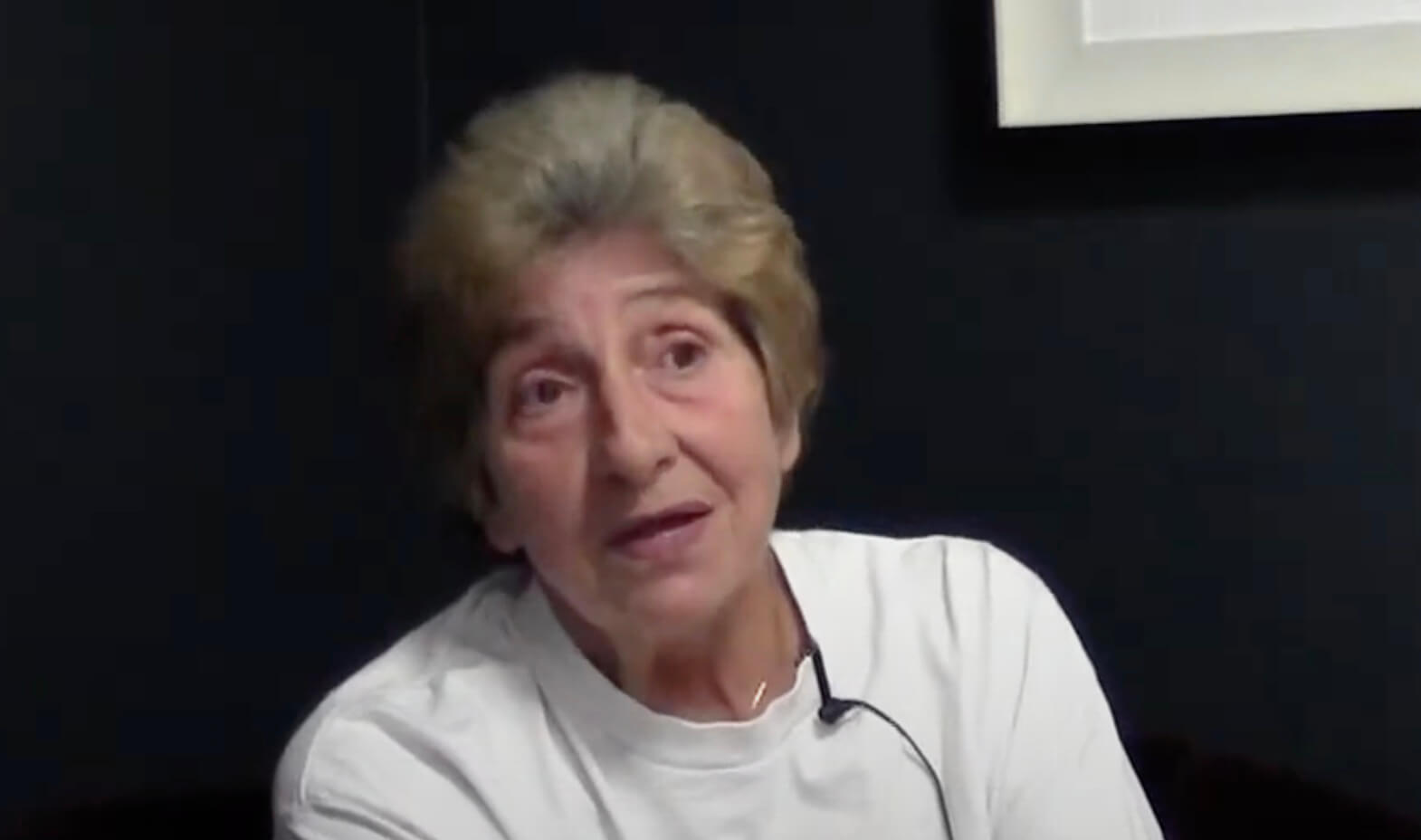
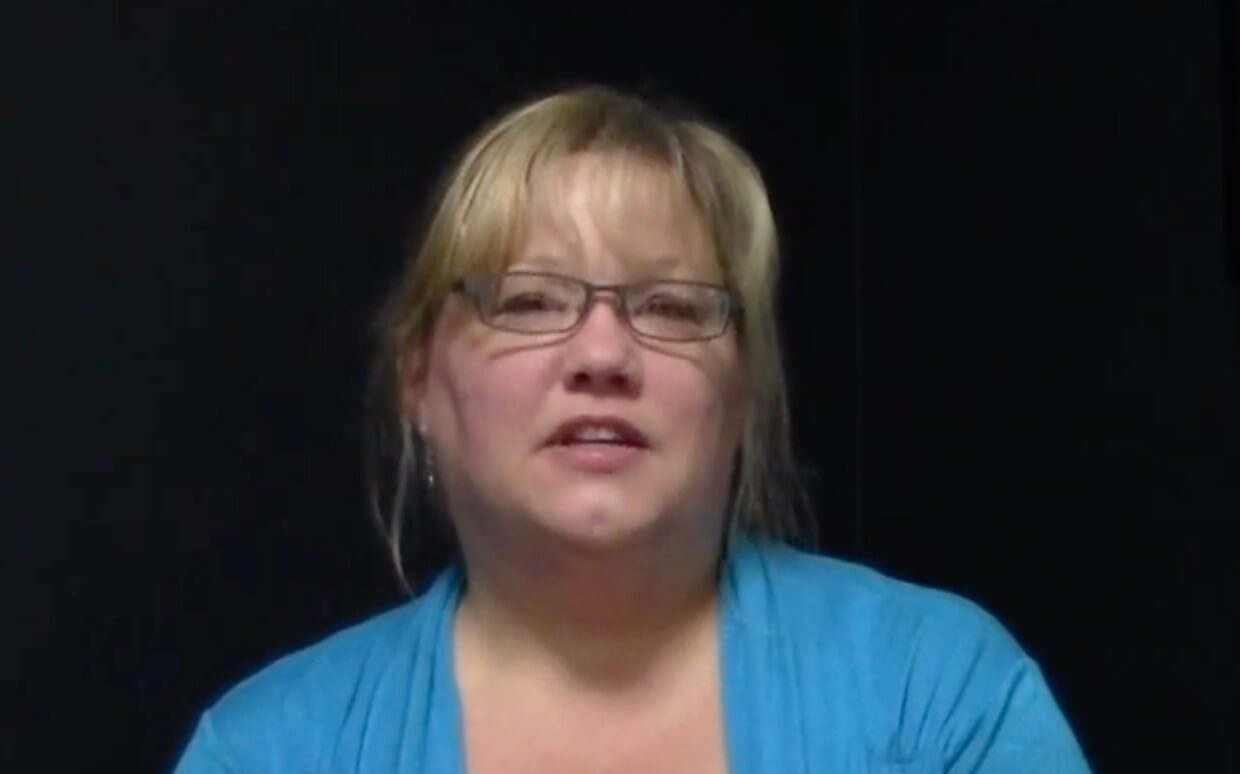
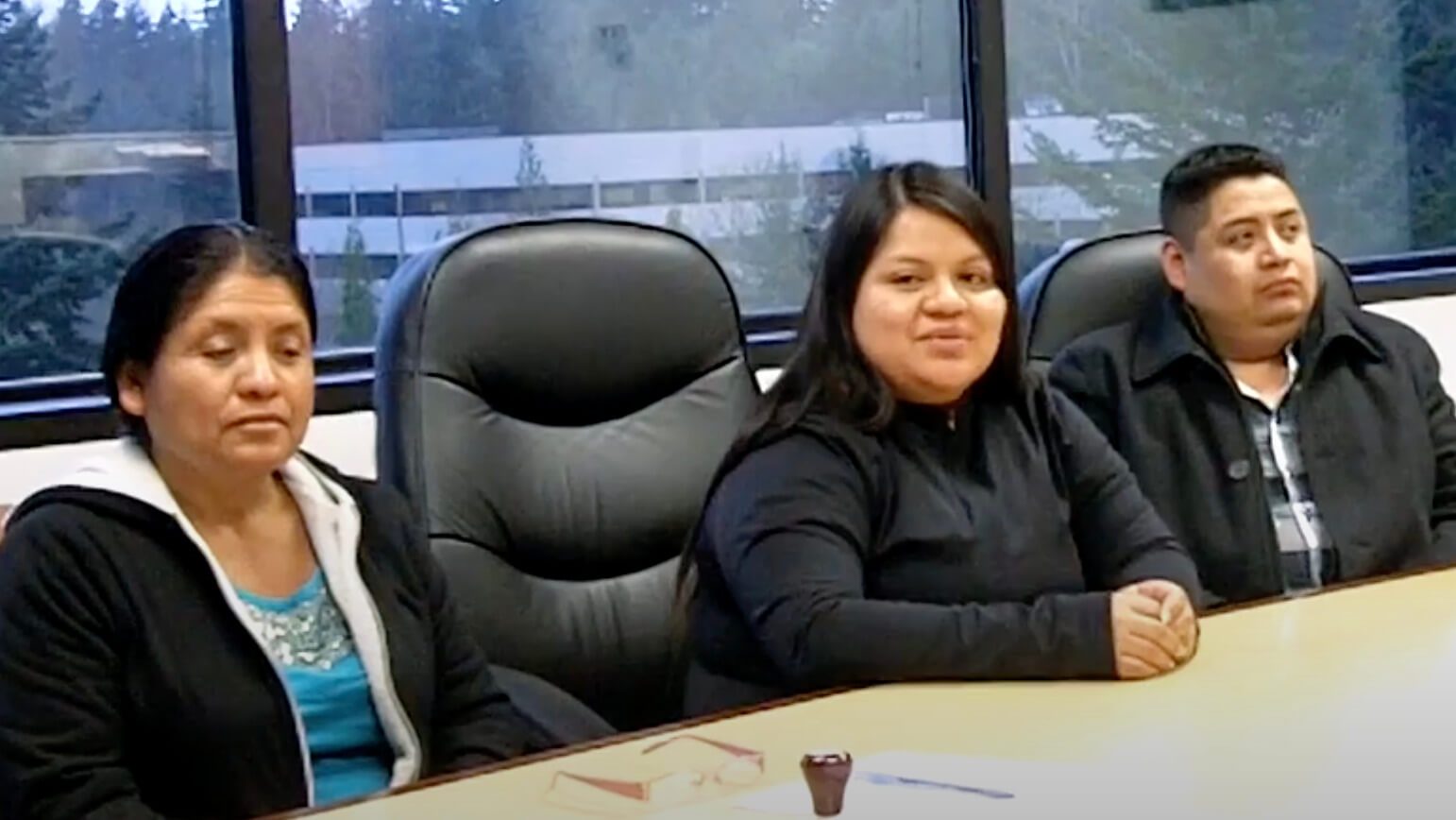


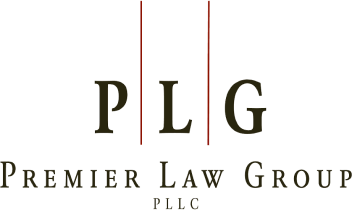
Jason de Premier Law Group es verdaderamente una persona excepcional. Nuestro caso en particular no era algo que su firma suele ver, pero estuvieron más que dispuestos a ayudarnos y brindarnos toda la información que tenían disponible. No puedo recomendarlos lo suficiente.